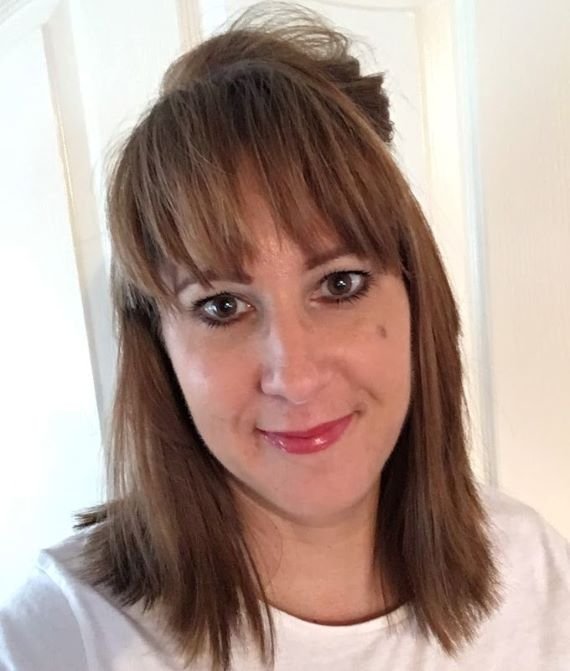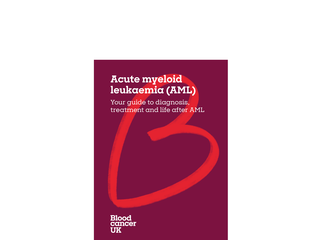Becoming your own advocate
Anna learnt a lot about advocating for herself during her treatment for acute myeloid leukaemia (AML), from requesting her medical notes to pushing for the help she needed with side effects.

Anna, diagnosed with AML
One of the positives to come out of my experience with cancer is that I am now so much more confident in standing up for myself and advocating for my health needs. I was already aware of the need for patients to advocate for themselves because of my work in a pharmacy. Patients would come in explaining they weren't getting the answers they needed from their medical team, and I would advise them to be proactive in their healthcare. But when I got AML, I had to put my own advice into practice, and that can be challenging at times!
I often hear patients saying, ’I haven’t heard back from my doctor’ or ’I’m waiting on a letter’ and I get them to ask themselves, ‘what’s my role?’ in managing their medical condition.
As patients, it can be easy to take on a passive role. We have a lot of faith in our medical team, and that’s a good thing. But sometimes, we need to make sure we are being heard and the appropriate actions are being taken to make sure we receive the best care. Medical staff are often very busy, and things do get forgotten or go missing. It’s important to get them to acknowledge any health needs you have and to take the time to listen and help you.
Some helpful tips to remember:
- It’s okay to ask questions, even if you think they sound silly. It’s not always easy, but it’s important you understand the conditions you have and the treatments you are being given. You do need to communicate any worries or issues you have to your healthcare professionals, so that they can help problem solve with you.
- Don’t be afraid to make phone calls. If you’re wondering where a medical letter has got to, or you’ve been waiting a while for an appointment, give the relevant team a call. Sometimes things do get missed, and by calling and checking, you can ensure that your needs are being met.
- Be proactive. Ask your medical team if there is anything you can do in between appointments to help manage your condition, or any advice they have for accessing other support services or helpful resources relevant to your diagnosis.
I found it really useful to understand AML and the treatments and side effects I was getting. I requested a copy of my medical notes, which is something most people don’t know you can do. Reading through them helped me process what had happened to me during my AML journey and understand my health so much more clearly. When I was diagnosed and treated for AML, I hardly had time to process what was happening to me. Reading my notes back helped me piece it all together.
My top piece of advice for medical situations is: if you don’t understand something, ask and ask again. Don’t be afraid to ask what something means. You’re not expected to understand everything, and no question is too silly!
Cancer can make you feel really out of control but thinking of the things I can control has helped me feel like I’m being useful and playing a part in my own recovery. Advocating for yourself, asking questions, and doing what you can to help your treatment can make you feel more in control.
For example, I experienced bad bone and joint pain from the chemotherapy, and I couldn’t sleep because of it. I struggled to get the help I needed from my GP which I found upsetting and frustrating. I questioned their response with no luck and so I then took my problem to my consultant instead. My consultant was able to write to my GP with recommendations for testing and referrals and as a result, I now have medication which helps me tremendously.
A lot of people say they don’t get the help they need, but I think we have to sometimes push for it and if we don’t get help from one avenue, turn to the next and keep pushing until someone helps.
I used to be someone who never complained but having AML has made me strong enough to stand up for myself and ask for help when I need it. The old Anna would have let things go, but I couldn’t afford to do that with AML and all the symptoms and side effects it brought me. The new Anna is empowered and my own best advocate when it comes to managing my health and well-being.

Order your free guide to AML
If you've been told you have AML, this booklet covers treatments, questions to ask your medical team, and real stories of people living with AML.
